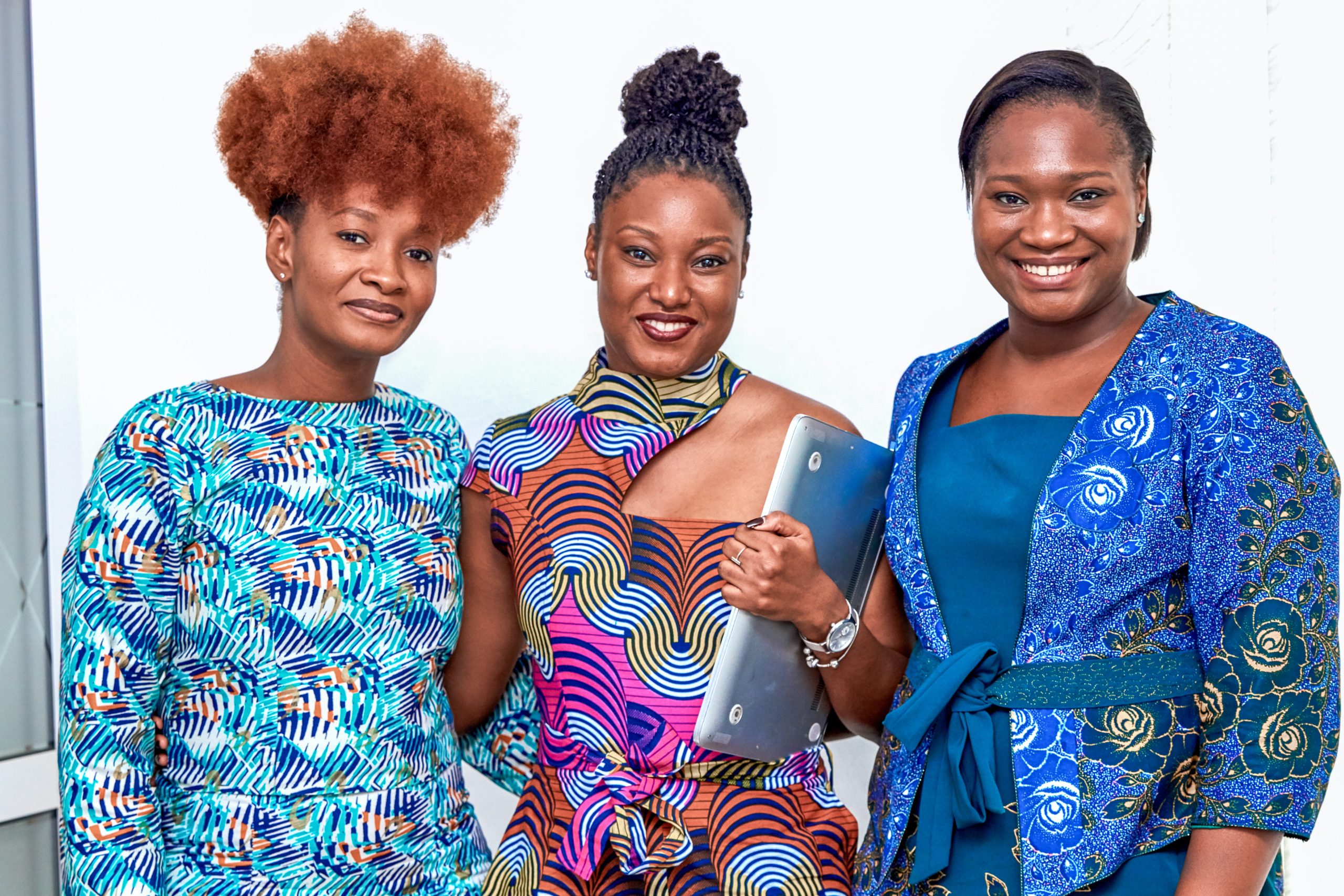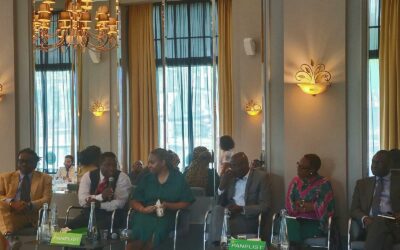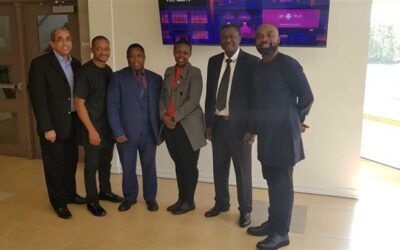The entire month of March is dedicated to the work carried out by women, but on 8 March even more so. Companies, NGOs, governments and other organisations put their best foot forward to publish the best video, statement or campaign on this day. Moreover, after this day, the hypervisibility disappears into an overwhelming silence until 8 March of next year. This, year after year. Today, it is time to say, “Stop!” and rightfully compensate African women for their hard and revolutionary labor.
From El Attaouia, in Morocco, down to Kwazulu-Natal, in South Africa, are African women taking the reins to change the reality of their villages, cities, regions and countries. They are innovative entrepreneurs, efficient producers and local leaders noticeably improving the continent. However, it remains that recognition, inclusion and compensation are not included in the vocabulary of various companies, NGOs and even governments working with them. In its report, Empowering African Women: An Agenda for Action, the African Development Bank Group wrote that African women are highly entrepreneurial. However, they face many hurdles such as a lack of basic skills, a lack of access to financial services and the challenges of balancing business and domestic obligations. This deep gender cleaves keeps African women from the labor market. Finally, in recent years, African women have decided to be more politically present in order to make their voices heard. However, it is striking that they are often included as diversity quotas rather than serious actors.
During the most intense period of the COVID-19 pandemic, African diaspora women were at the forefront. However, in several European countries, these women went to the streets to make their voices heard about the invisibility of their work and growing inequality. In France, for example, African women were among the forerunners of the organised strikes concerning the poor working conditions of women. In addition to racial and sexual harassment, these women also have to endure the drawbacks of the gender pay gap. At 8 years from the end of Agenda2030, the same challenges identified 15-20 years ago keep coming back. In both African and European countries, the non-recognition, non- inclusion and non-compensation affects the mental and physical integrity of African women.
ADEPT as a diaspora platform has a foot in both host and home country. It is aware that violence against women starts with preventing them from exercising their autonomy. In both situations, this begins with the refusal of decent and recognized working conditions in which African women can thrive in order to advance their communities. In four months, 31 July to be exact, the 60th anniversary of the International African Women’s Day will take place. Therefore, ADEPT is loudly saying less of symbolic gestures for women and more of equal and justified compensation.



